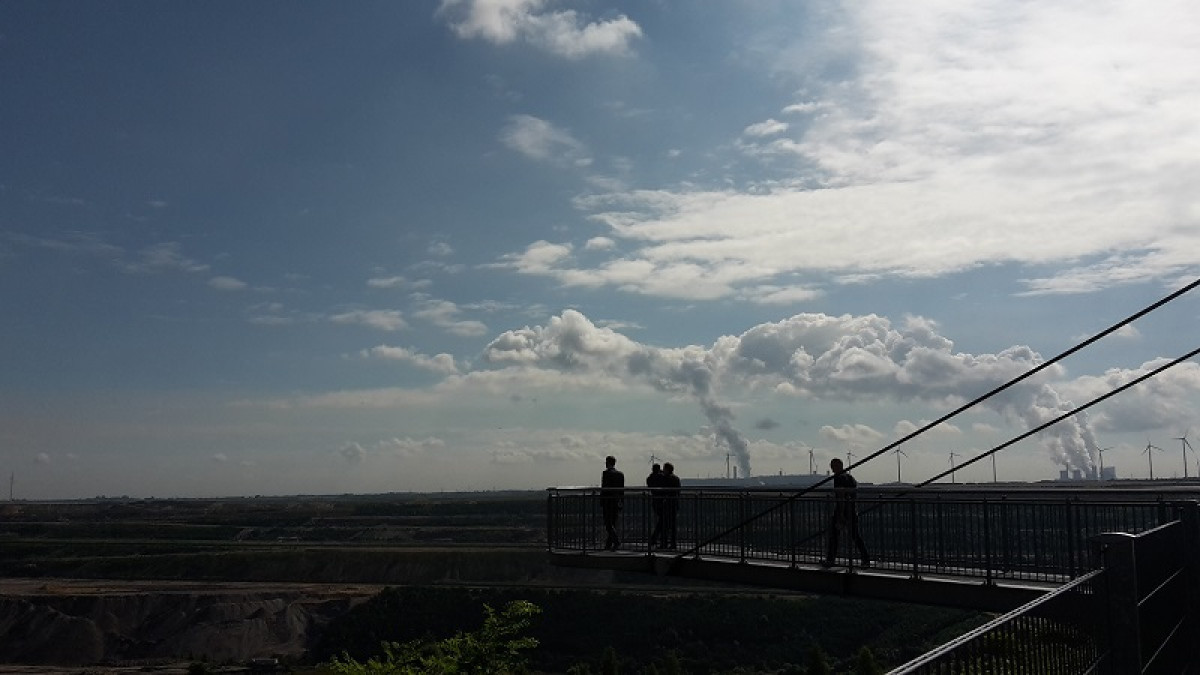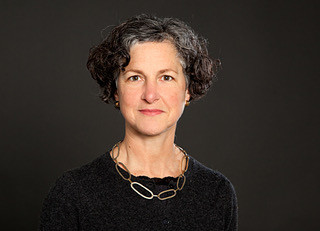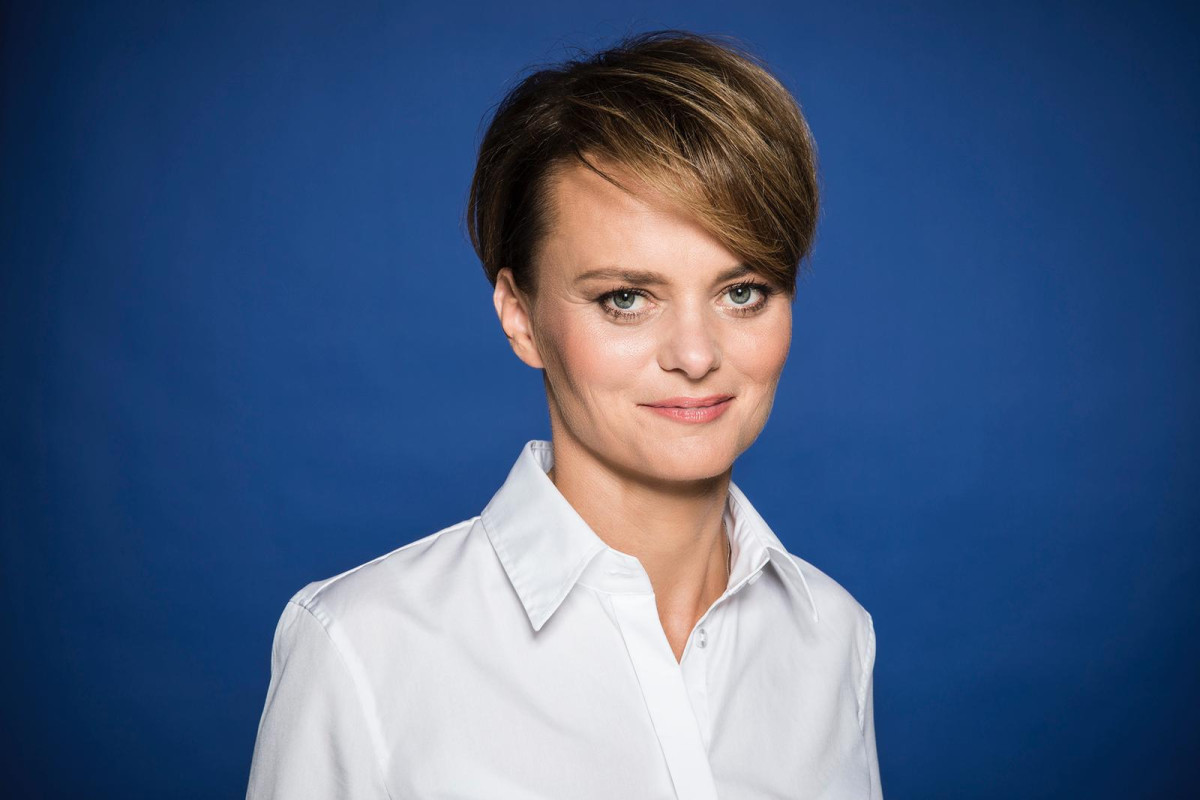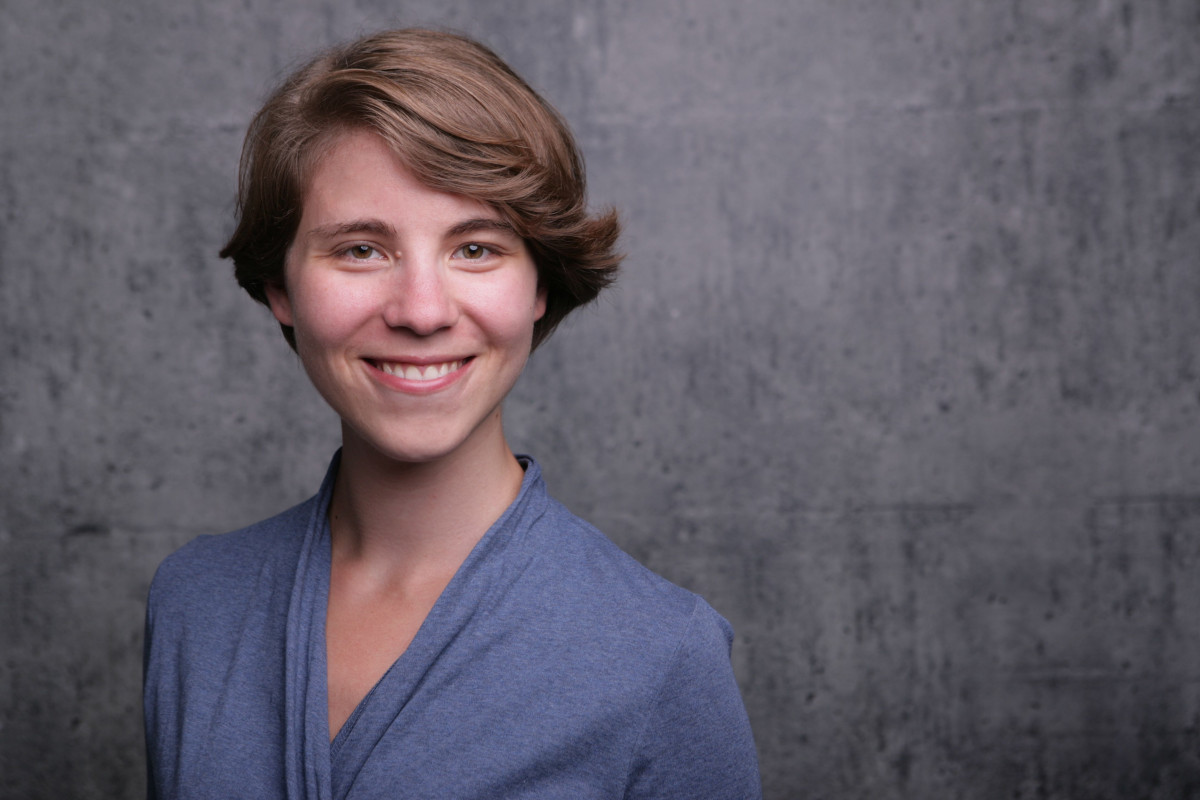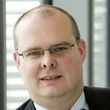All aboard for the green economy: Can Europe perform an energy transition that leaves no one behind?
Europe has set out to become the first continent to establish a net-zero greenhouse gas emissions economy as well as a global leader in key technologies that will make the transition possible. The coming three decades will completely transform jobs and society, bringing new opportunities to some regions, while spelling out the end of businesses that other regions have depended on for a very long time.
As an important component of its European Green Deal, the European Union has created the Just Transition Mechanism, which will mobilise 150 billion euros over the next six years to address the socio-economic impacts in regions most affected by the transition away from carbon-intensive industries. The policies being put in place will be aimed at individuals, companies, sectors, and even whole regions that have been dependent on carbon-intensive sources of employment and revenue generation.
While traditionally discussed in the context of coal mining, the “just transition” concept also applies in other sectors and not all impacts will be widely anticipated in advance. Emerging industries, such as the hydrogen economy, promise new opportunities, while an increasing number of sectors are calling for government support. The auto industry has joined the choir as far fewer parts are necessary for an electric engine and fewer parts might mean fewer jobs. For many, the effects will be personal and direct: an engineer‘s know-how with combustion engines, for example, may not be directly transferable to an electrified future.
The Clean Energy Wire invites industry and workers’ representatives from the affected sectors, as well as politicians and researchers, to share their views on questions such as:
-
Which regions and industries are most likely to need help in making the transition to a low-carbon economy?
-
What are the EU’s new “just transition” policies and how are the various elements of the policy package expected to work?
-
What steps are business leaders and worker representatives in affected sectors taking to be competitive in a carbon-neutral economy?
-
How can coronavirus recovery programmes support a just transition?
Agenda
| 16.00 - 16.05 |
Welcome and introduction by moderation Carel Mohn, Clean Energy Wire |
| 16.05 - 16.20 |
Just transition - pathways to socially inclusive decarbonisation by Simone Abram, Durham Energy Institute |
| 16.20 - 16.30 |
Key industries in transition by Hans-Jörn Weddige, thyssenkrupp Steel |
| 16.30 - 16.40 |
Just transition - the view from Poland by Jadwiga Emilewicz, Polish MP |
| 16.40 - 16.50 |
The workers' perspective by Patrizia Kraft, German Trade Union Confederation |
| 16.50 - 17.25 | Discussion and Q&A |
| 17.25 - 17.30 |
Conclusions and outlook |
Speakers
Simone Abram is co-author of the COP26 Universities Briefing Paper on Just Transitions. She is a Director of the Durham Energy Institute, and Professor of Anthropology at Durham University and a member of the Research Centre for Socially Inclusive Energy Transitions at Oslo University. She is currently Chair of the Association of Social Anthropologists in the UK.
Jadwiga Emilewicz is a Member of the Polish Parliament, former Minister of Entrepreneurship and Technology and former Minister of Economic Development. In 2020, she was the deputy prime minister of Poland. She undertook and supported actions to combat smog emissions. She is the author of two governmental programs: the Clean AirProgram and the Energy Plus Program.
Patrizia Kraft is the energy policy officer at the German Trade Union Confederation (DGB) headquarter in Berlin. In this position she is responsible for topics such as the German coal-phase out, renewable energy and Just Transition in the energy sector. Based on this topics she is involved in regional, national and international projects with different stakeholders.
Hans-Jörn Weddige is Head of Climate Funds Strategy at thyssenkrupp Steel Europe AG. Dr Weddige is part of the newly formed strategic unit Sustainable Production, tasked with realising the implementation of the first commercial combination of a climate friendly DR plant and melting unit to ensure green steel across all product qualities, including the most demanding ones. His current focus is on identifying feasible ways for financing this transformation under consideration of the specific metallurgical and economic considerations in steel. Previously, 2015-2020, he coordinated all Energy, Environmental and Climate Policy activities at thyssenkrupp. Dr Weddige also chairs the Business at OECD (BIAC) Environment and Energy Committee at the OECD.
FREQUENTLY ASKED QUESTIONS
Please click on the red "Sign up"-Button and fill in the necessary information. Remember to confirm your sign up via the automatic email you receive from us (it could land in your spam folder).
The web-event will be on the record.
The web-event language is English.
Sound quality is greatly improved by using headsets with a microphone. It is recommended that all active participants equip themselves accordingly (smartphone headsets are sufficient).
The event will not be recorded.

